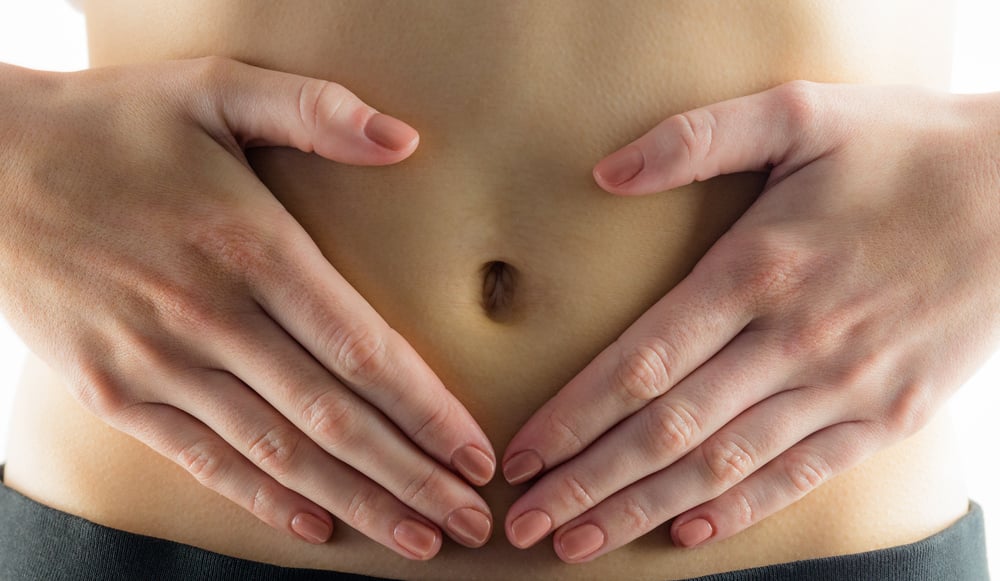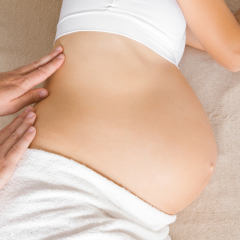Date: 21/Feb/2023
Author: ReproMed Team
Category:
What Influences Fertility?
There are a number of factors. The main one is female age which is the most important predictor of fertility.

But is male age also important? It is! Men’s fertility also drops with age, although at a far lower rate. Studies show that men’s fertility starts to drop at around 40 years and some genetic diseases in offspring have been linked to older fathers at conception.
Lifestyle
Lifestyle can also affect fertility. The two main lifestyle changes that can improve fertility are obesity and smoking. Obesity can impair the menstrual cycle increasing the number of months in which women won’t ovulate, and even if women are ovulating, obesity will reduce fertility by up to 30% and double the risk of miscarriage in early pregnancy. Male obesity can also impair testicular function, reducing the number and the quality of spermatozoa (sperm cells).
Diet
Diet is also a factor and studies show that if you analyze a thousand couples following a Mediterranean diet, there are fewer couples with fertility issues when compared to a thousand couples with a high intake of saturated fats and carbohydrates. After reading this, it would make sense to assume that changing the diet would make people more fertile but we do not have evidence to say that. In general, the recommendation is to eat healthily, whether it is for fertility issues or general health.
Smoking
Cigarettes have a very well-documented influence on males, and to a greater extent on female fertility. Female smokers take twice as long to get pregnant naturally and need to have twice as many treatments to get pregnant.
They miscarry twice as often as non-smokers and have a 15 times higher risk of suffering an ectopic pregnancy (a pregnancy in the fallopian tubes instead of the uterus). Their ovarian reserve also diminishes substantially faster (they reach menopause at a younger age). The effects on male smokers are less clear but there does seem to be an association with slower-moving spermatozoa and in heavy smokers an increased risk of miscarriage also.
Stress
Stress levels have traditionally been associated with infertility. The evidence behind this though is very poor. When we talk about severe stress (e.g. war or famine or natural disasters) we do see that there are more women that will not ovulate. However, the implications of stress levels from work for example are less clear. Most studies are outdated and poorly performed and the conclusions are controversial. What is true is that stressed-out couples have less sex and that can definitely affect fertility!
Contraceptives
Finally, the use of oral contraceptives. It is a big myth that the contraceptive pill causes infertility. What the pill does is empower women to have children when they want by preventing pregnancy with proper use. The ability to prevent pregnancy means we can choose to have children at older ages, and it is the age that can make things harder, not the pill.
Fertility Specialist - Doctor Hans Arce













